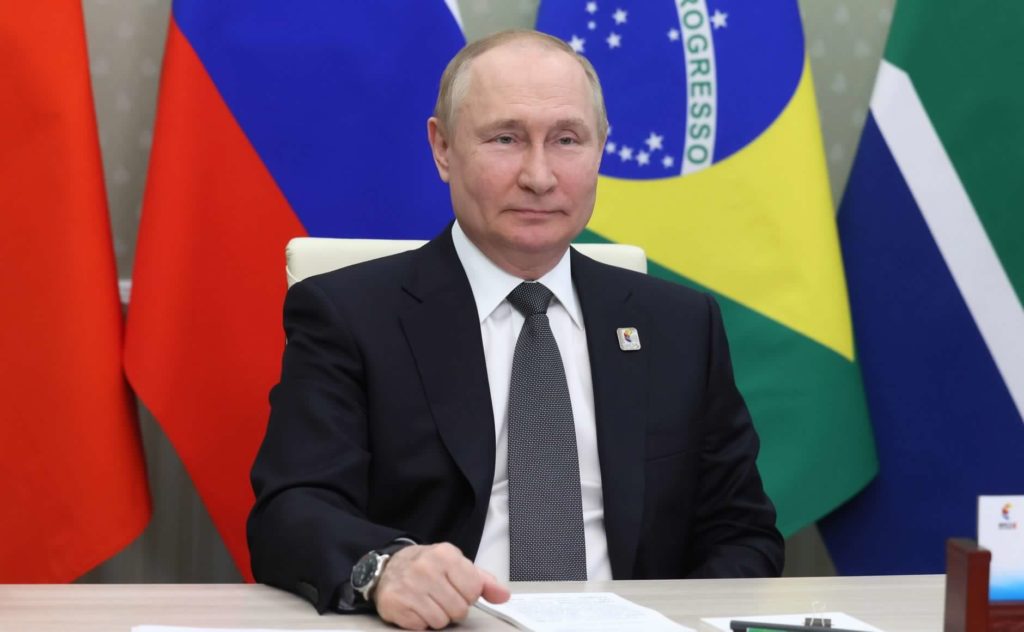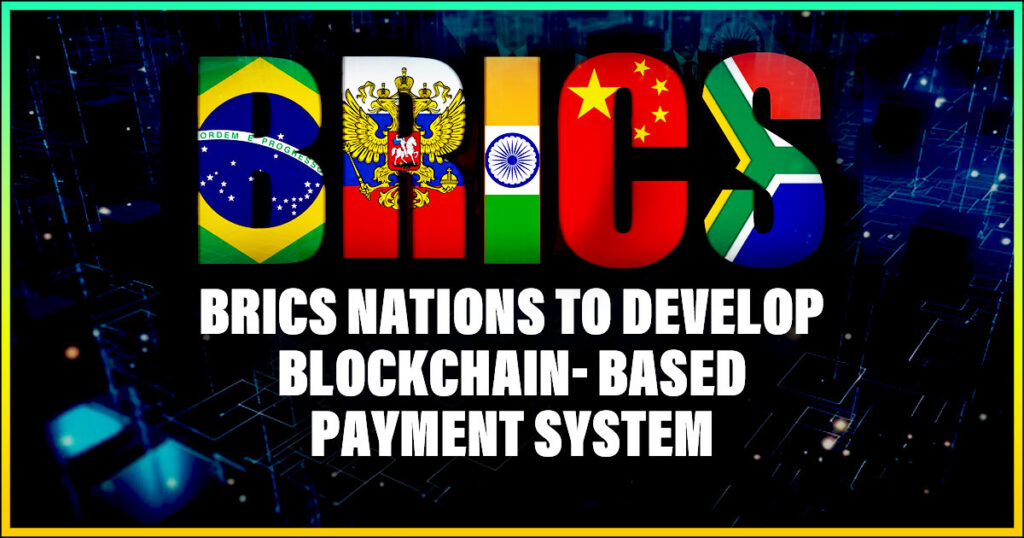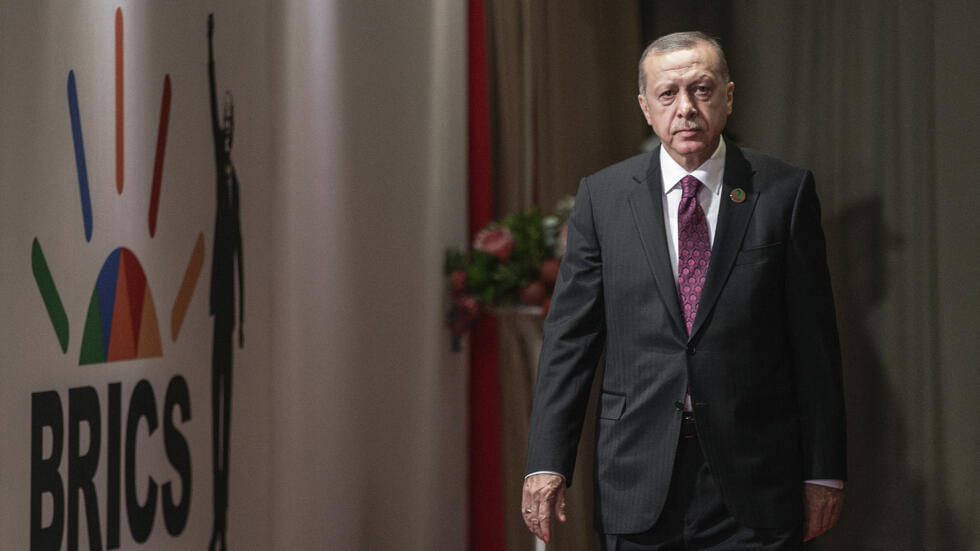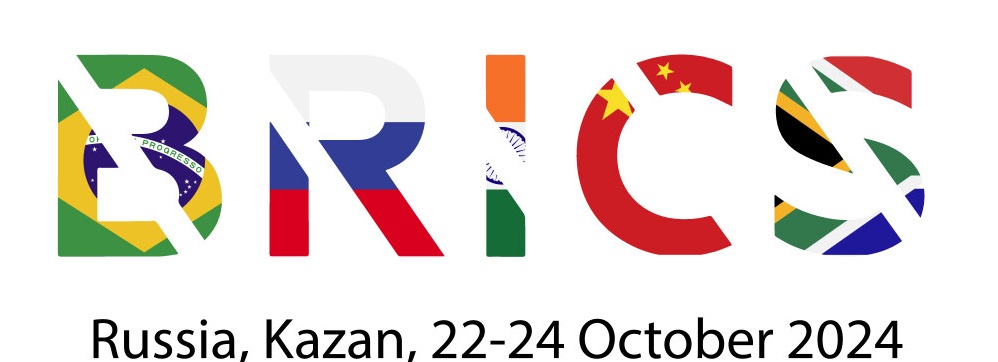The next BRICS+ meeting will be held in the city of Kazan from October 22 to 24. In 2024, the Russian Federation holds the rotating presidency. In recent years, the BRICS countries (Brazil, Russia, India, China, and South Africa) have emerged as an increasingly important bloc in the global geopolitical arena, positioning themselves as an alternative to the Western-dominated global order. With a growing desire to expand and strengthen cooperation among emerging nations, BRICS faces challenges related to defining common goals and creating shared tools, as well as issues concerning the ambiguity of current and future members.
The Role of the Russian Presidency in BRICS and the Outreach Program
One of the central factors in the BRICS strategy is the role of each presidency, and currently, Russia is leading the group with a policy of openness toward nations that are not yet official members. Under the Russian presidency, BRICS has created the BRICS Outreach Program, which invites non-member countries to participate in strategic discussions, with the goal of expanding dialogue and establishing potential alliances.

A recent example is the invitation extended to the Cuban president by Russia as part of this program. Countries like Palestine, Vietnam, Indonesia, and Turkey have been involved in these discussions to explore future opportunities for collaboration. Russia, as the leader, is aiming to strengthen BRICS’ influence by including nations in the discussions that may soon join or closely cooperate with the group.
The Expansion of BRICS: One Step at a Time
While there is growing interest in BRICS expansion, the Russian presidency has made it clear that there will be no official new members in 2024. The focus, instead, is on consolidating the new members and stabilizing internal dynamics, especially in light of global geopolitical complexities.
However, the expansion process is inevitable. 2025 will see the inclusion of new members, further expanding BRICS’ economic and political bloc and broadening its global influence.
An Alternative Payment System to SWIFT: Moving Toward De-dollarization
The BRICS do not yet have a specific digital currency, but a blockchain-based payment system for BRICS is currently under development, according to Kremlin aide Yury Ushakov in March 2024.

The planned system will serve as an alternative to the current international cross-border payment platform, the SWIFT system (Society for Worldwide Interbank Financial Telecommunication), which is dominated by the U.S. dollar.
“We believe that the creation of an independent payment system for BRICS is an important goal for the future, which will be based on cutting-edge tools like digital technologies and blockchain. The main thing is to ensure that it is convenient for governments, ordinary people, and businesses, as well as being cost-effective and free from political influence,” Ushakov said in an interview with the Russian news agency TASS.
This shift represents a significant step toward greater economic independence for BRICS and reduces the influence of Western sanctions, particularly those imposed by U.S. economic policy. The adoption of an alternative payment system not only strengthens the economies of member countries but also challenges the global dominance of the dollar.
India’s Role in BRICS and Leadership of the Global South
India, one of the founding members of BRICS, is seeking to position itself as a leader of the Global South. However, its role within the bloc is complicated by tensions with China. Russia has often acted as a mediator between these two Asian giants, but India has yet to clearly define its position both within BRICS and in alliances like the Quad, which also includes the United States. Modi’s India recognizes that the world is changing, but hasn’t fully changed yet. The U.S. remains and will continue to be a central player in global geopolitics, highlighting the need for India to maintain good relations with everyone.
India remains a key player in BRICS and is working to strengthen its leadership among developing countries.
The Saudi Arabia dilemma
One of the most intriguing developments concerns Saudi Arabia’s ambiguous position. Despite having forged strong economic ties with Russia and China, the Saudi kingdom has not yet clarified its stance within BRICS. Saudi Arabia finds itself in a delicate position, having to balance its traditional relationships with the United States— which has five military bases in the kingdom— and its growing interest in closer cooperation with BRICS.
The future of Saudi trade, particularly in relation to oil, seems increasingly oriented toward China, suggesting that the kingdom’s future is shifting eastward. However, Saudi Arabia’s dependence on its relationships with the West makes this phase of integration into BRICS complex and still uncertain.
Turkey as the New Frontier Between the West and the East
Turkey formally requested to join BRICS+ on September 2nd. Erdogan wants to play an increasingly significant role in BRICS dynamics, thanks to his economic ties with Saudi Arabia, Russia, and China.
The Turkish president reaffirmed, “Of course, we are looking towards the West, but this certainly doesn’t mean we will turn our backs on the East, ignore the East, or not improve our ties with the East.” This statement reflects Erdogan and the Turkish nation’s desire to be the country that serves as a bridge between the West and the East— a role that Italy once held many years ago.

Turkey’s entry into BRICS could cause significant tensions with NATO. It would be unlikely for Turkey to maintain its NATO membership simultaneously, given the contrasting geopolitical nature of the two alliances.
Strategic Partnerships Between Russia, China, and Iran
One of the strongest alliances within BRICS is that of Russia, China, and Iran, which are strengthening their collaborations through multi-level strategic agreements. These three countries are seen by the United States as the main existential threats, but within BRICS, they form the core of an increasingly cohesive and influential bloc.
In the weeks following the Kazan summit, Presidents Putin and Pezeshkian will meet to sign a strategic partnership agreement between the two nations. Especially now with enormous tension in the middle east, this will be very interesting implementation and it boosts attention and curiosity for seeing if and how it will change balances in the region.
The BRICS and the Building of an Alternative International System
The BRICS are working to build an entirely new system of international relations that challenges the current Western-dominated order. Organizations such as the Shanghai Cooperation Organization (SCO) and the Belt and Road Initiative (BRI) are key tools for strengthening cooperation between BRICS countries and other emerging nations. Although BRICS doesn’t have a rigid, formal structure like NATO, the group is working to create a shared vision that allows all member nations and potential allies to feel represented. The goal is to develop a flexible system that can adapt to the diverse needs of emerging countries.
Conclusion
BRICS is rapidly emerging as a crucial player in the global geopolitical system, challenging traditional power structures and seeking to build an alternative to the Western-dominated world order. With the continued strengthening of their economic and political relationships, and a focus on new alliances, BRICS is positioning itself as a driving force in redefining future global balances. Their success will depend on their ability to overcome internal tensions and their skill in navigating an increasingly complex geopolitical landscape.
